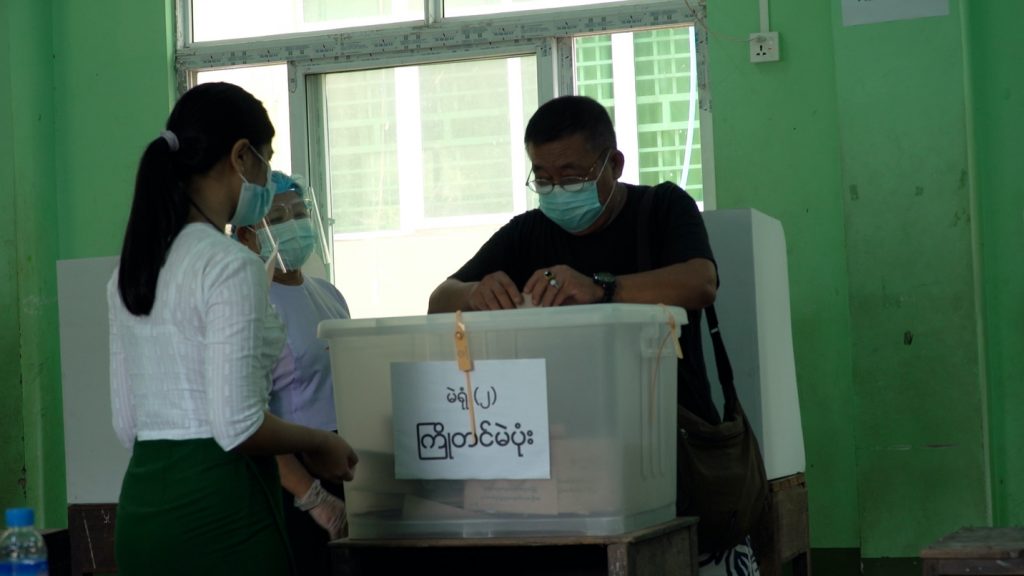
The National League of Democracy (NLD) with its „crowd-attracting“ founder and leader, Daw Aung San Suu Kyi, has become the stunning winner of this year’s elections, securing each possible parliamentary seat.
Myanmar‘s voting folks enabled the rolling out of the NLD’s red carpet almost all over the country, also in cities former called „strongholds of the Union Solidarity and Development Party“ (USDP). This party is the country’s „green party“ due to its uniform-wearing representatives. The USDP is militarily-rooted, was established in 2010/11, and it is a party which lost elections in 2015 and has crashed in 2020. Among the heavy losses of 2020 were the so-called USDP cities in Central Myanmar Pyawbwe,Yamething, Thazi, and Meiktila. In Meiktila the central command of the Air Force is to be found.
According to the media, in Kayah state, the smallest state of Myanmar, one of the green spots remained is that of the township of Bawlakhe. Bawlakhe is dominated by former naval commander U Soe Thane with a political career under the Thein Sein government. Here, the NLD did not stand a chance.
However, a success like this seems to be one of former times and obviously has nothing to do with the bigger political picture, in which the Tatmadaw (Burmese armed forces) cautiously seems to rethink its own political role by distancing itself from the USDP.
A short assessment shows that the first NLD-government (2015-2020) has worked out an unexpected accomodation with its military governmental “partner”. This partnership is a forced one, based on the 2008 Constitution.
A cooperation between the people’s party NLD and the military, which is still holding 25 % of the parliamentary seats and is steering the ministries of Home, Defense, and Border Affairs, might be a promising outlook for Myanmar.
It might sound absurd, but: An open-minded military, hated and contempted as it is for its past deeds of the last decades, has gained an administrative experience which could contribute to the well-being of Myanmar during its democratic transition process. The General Administration Department (GAD), once placed within the ministry of Home and crucial for any subnational governance, might serve as the best example, being under civilian control since 2019.
The country’s ethnic parties did not perform well in this year’s elections. But acknowledging them as eye-level political partners will also be essential for any further success of Myanmar’s master plan of becoming a democratic Federal Union.
Time will show, if the critical points of the 2020 elections, like intransparent disenfranchisement of whole areas in Rakhine and Shan , the electoral system with its “malappointments” as such, and the Union Election Commission, totally depending on the Presidential Office, will undergo essential changes until 2025.
Lots of work lays ahead. The new government’s agenda will be dictated by the peace process, Rakhine, and Covid-19 thereby pursuing a steady improvement of living conditions for the people of Myanmar.
